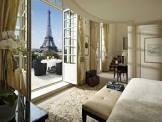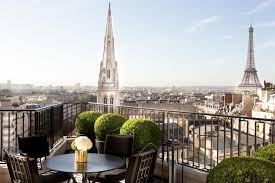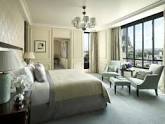Venue & Hospitality
Conference Dates: September 16-17, 2019
Hotel Services & Amenities
- Audio/Visual Equipment Rental.
- Business Center.
- Business Phone Service.
- Complimentary Printing Service.
- Express Mail.
- Fax.
- Meeting Rooms.
- Office Rental.
- Photo Copying Service.
- Secretarial Service.
- Telex.
- Typewriter.
- Video Conference.
- Video Messaging.
- Video Phone.
- ATM.
- Baggage Storage.



Transportation
Driving Directions to
Route Map
About City
Paris is in the Paris department of the Paris-Isle-of-France region
Paris is the capital and the most populous city of France. One of the most breath-taking works of architecture : The Eiffel Tower, The Notre Dame, Place De La Concorde, Arc De Triomphe, The Louvre, Les Invalides are the most famous pieces of architecture that attracts the tourists to feast their eyes upon in this city. Paris is especially known for its museums and architectural landmarks: the Louvre was the most visited art museum in the world in 2017, with 8.1 million visitors.
Paris has been one of Europe's major centres of finance, commerce, fashion, science, music, and painting. The city is a major rail, highway, and air-transport hub served by two international airports. Paris is especially known for its museums and architectural landmarks: the Louvre was the most visited art museum in the world in 2017, with 8.1 million visitors. Paris is a dream place to visit for the art and architecture lovers.
The French historic, political and economic capital, with a population of only 2.5 million is located in the northern part of France.
One of the most beautiful cities in the world. Home to historical monuments such as Notre Dame, the Eiffel tower (320m), Bastille, Louvre and many more. Much of the city was re-designed by Haussmann in the 19th century.
Paris has a population of more than 2 million people, and the city is divided into 20 "arrondissements" (districts) which are numbered 1 to 20.
The river Seine divides the city into the Rive Gauche on the south and the Rive Droite on the north banks of the river. The river is still very busy with commercial barges transporting cargo in and out, there is also much
The historical name for the city is Parisii by the Gauls, however the Romans arrived in 52 B.C. and changed the name to Lutetia
Many of the famous boulevards and city centre buildings where transformed by Haussmann and Napolean III (Charles Louis Napoléon Bonaparte). The streets where made much wider, places and squares where built and the buildings completely rebuilt. The atmosphere was totally transformed, space and perspective being main ingredient such as you can see on the Avenue des Champs-Élysées, whilst preserving historical buildings such as Notre Dame. This also influenced other French cities to change.
The night life is rich with the famous cabarets such as the Moulin Rouge, Lido and the Crazy Horse. Gastronomic restaurants offering cuisine of the finest are numerous and at all prices.
